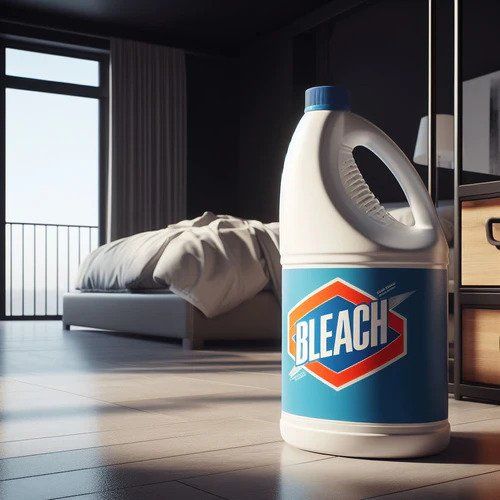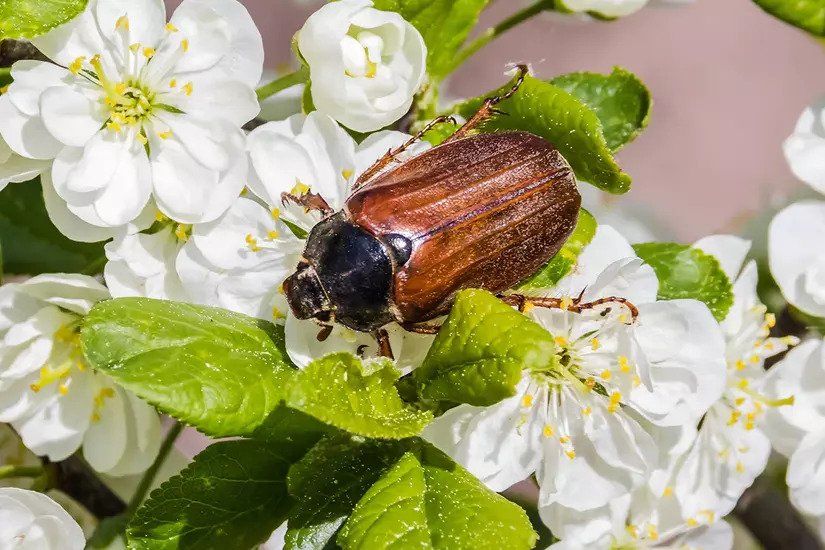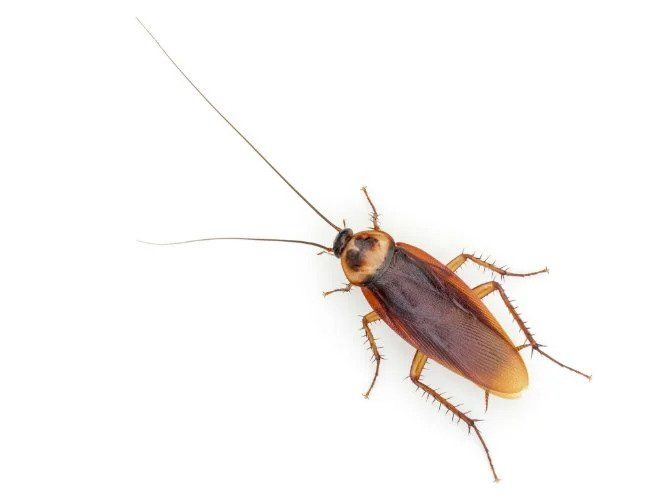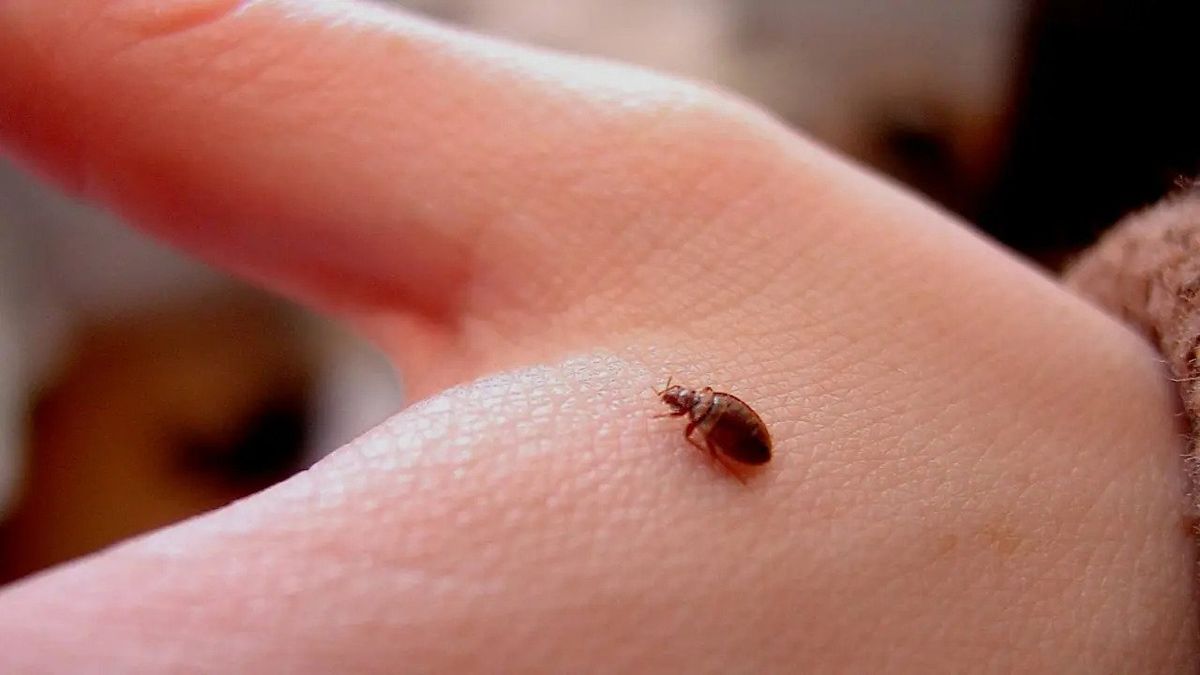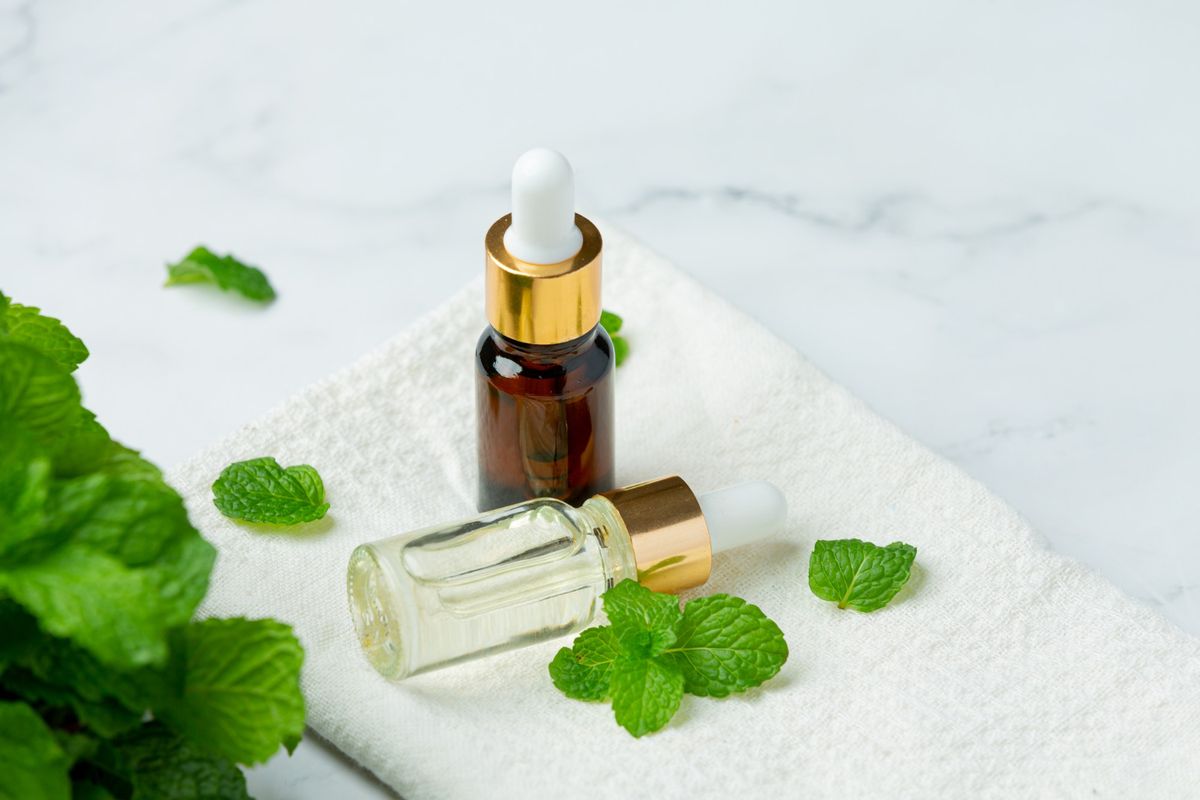Peppermint oil, with its strong scent, has been touted as a natural deterrent for various household pests, including bed bugs. The question many homeowners ask is: "Can I spray peppermint oil on my bed?" The answer is yes but with some caveats. Peppermint essential oil, when used correctly, can help keep bed bugs away, but it may not be the ultimate cure for an existing bed bug infestation.
The use of peppermint oil repels bed bugs due to its strong odor which bed bugs find offensive. A few drops of peppermint oil in a spray bottle mixed with water and possibly a carrier oil like olive oil can create a spray that deters bed bugs. However, it's important to note that while peppermint oil may discourage bed bugs from taking up residence in your bed, it doesn't necessarily kill bed bugs on contact.
Understanding the Effectiveness of Peppermint Oil Against Bed Bugs
Peppermint oil's efficacy in killing bed bugs has been a subject of debate. While its strong smell is known to repel many insects, there is limited scientific evidence to support the claim that it can eliminate bed bugs completely. Most essential oils, including peppermint, act more as a deterrent than a contact insecticide.
The Role of Other Essential Oils in Bed Bug Control
Other essential oils, such as tea tree oil, lavender essential oil, and eucalyptus oil, have been studied for their antimicrobial and antibacterial properties. These oils also possess a strong scent that is unappealing to bed bugs. When combined with peppermint oil, they may enhance the repellent effect and contribute to a more effective solution.
How to Prepare a Peppermint Oil Spray for Your Bed
To create a peppermint oil spray, you'll need a clean spray bottle, distilled water, a few drops of peppermint essential oil, and a carrier oil. Mix these ingredients well and spray lightly on your bed frame, sheets, and surrounding areas. Be cautious not to oversaturate your bedding to avoid skin irritation, especially if you have sensitive skin.
Safety Precautions When Using Peppermint Oil
When applying topically or spraying peppermint oil, it's crucial to consider its potential effects on pets and children. The strong odor and active ingredients in peppermint oil can cause a burning sensation or skin irritation. Always use it sparingly and keep the room well-ventilated.
Integrating Peppermint Oil with Other Bed Bug Control Methods
While peppermint oil may repel bed bugs, integrating it with other control methods like heat treatment, steam cleaning, and diatomaceous earth—a fossilized algae known for its ability to kill bed bugs—can be more effective. These methods address the infestation more comprehensively.
The Limitations of Peppermint Oil in Bed Bug Eradication
It's important to recognize that peppermint oil alone may not be sufficient to control a severe bed bug infestation. Professional pest control services often use a combination of treatments, including chemical and non-chemical methods, to fully eliminate bed bugs.
The Synergistic Effects of Essential Oil Blends on Bed Bugs
Have you ever wondered if combining forces could enhance your battle against the bed bug problem? Well, it turns out that peppermint oil isn't the only essential oil in the arsenal. Lavender oil, known for its calming scent, also boasts antimicrobial properties that can be a nightmare for these pesky critters. When peppermint oil repel bed bugs is combined with lavender oil, the duo can create a more potent deterrent, disrupting the bed bugs' nervous system and potentially leading to their demise.
But let's not stop there; rosemary oil enters the fray with its own pest-fighting credentials. This herbaceous scent is more than just a kitchen favorite—it's a fierce contender in the realm of insect control. When sprayed directly onto bedding or infested areas, a blend of rosemary and peppermint oils can act as an effective repellent, keeping your sleeping quarters bed bug-free. It's like creating a supergroup of essential oils, each member bringing its unique strengths to the stage for a show-stopping performance against bed bugs.
The Comparative Efficacy of Peppermint Oil and Rubbing Alcohol
Have you ever wondered if there's a heavyweight champion in the fight against bed bugs? Let's talk about rubbing alcohol, a common household item that's often touted as a bed bug assassin. Unlike peppermint oil, which repels and disrupts the critters, rubbing alcohol is believed to kill bed bugs on contact. It's a desiccant, meaning it dries out the bugs, leading to their demise. However, it's not a long-term solution, as it evaporates quickly and doesn't affect eggs or hidden bugs.
Now, while rubbing alcohol might seem like a quick fix, it's not without its drawbacks. It's highly flammable, which poses a significant risk, especially if you're spraying it around your sleeping area. Plus, it can damage certain surfaces and fabrics. Peppermint oil, on the other hand, is a more natural and safer option, though it may not be as immediately lethal. It's all about choosing your battles and weapons wisely when it comes to these pesky invaders.
The DIY Approach: Crafting a Homemade Bed Bug Spray with Peppermint Oil and Rubbing Alcohol
If you're feeling like a DIY warrior ready to take on the bed bug battle, here's an interesting concoction to consider. Combining the repellent properties of peppermint oil with the bed bug-killing potential of rubbing alcohol can create a potent spray. To make this, you'd typically mix a high concentration of rubbing alcohol with a few drops of peppermint oil in a spray bottle. This blend aims to both repel and kill bed bugs that come into contact with the sprayed areas.
However, remember that while this homemade spray can be effective, it's not a silver bullet. Consistent application and thorough cleaning are crucial for success. And, always test the spray on a small, inconspicuous area first to prevent any unwanted damage. Keep in mind that while this spray may help in controlling bed bugs, professional extermination methods are often necessary for complete eradication. It's a tool in your arsenal, but not the only one you should rely on.
High Heat and Essential Oils: A Double-Edged Sword for Bed Bugs
Turning up the heat might just be the one-two punch you need to control bed bugs effectively. These critters are notoriously tough, but they have a weakness: they can't withstand high heat. This is where your trusty steamer comes into play. By applying high heat directly to affected areas, you're not only killing bed bugs on contact but also preparing the stage for essential oils to do their magic. The heat can help to disperse the oils more effectively, allowing the active ingredient in peppermint leaves to penetrate deeper into hiding spots.
But remember, while high heat can be a game-changer, it's not a solo act. It works best when combined with the best essential oils like peppermint, which can be sprayed directly after the heat treatment for a double-whammy effect. This method ensures that any bed bugs or other insects lurking after the heat wave are met with a potent scent that they simply can't stand. It's like following up a knockout punch with a victory dance—except in this case, the dance is a fragrant mist of peppermint oil, leaving your home not just bed bug-free, but also refreshingly minty.
The Impact of Peppermint Oil on Bed Bug Bites
While peppermint oil can help deter bed bugs, it does not directly address bed bug bites. If you're experiencing bites, it's essential to treat the symptoms and take measures to control the bed bug activity in your home.
The Science Behind Why Peppermint Oil Repels Bed Bugs
Peppermint oil contains menthol, which has a strong smell that overwhelms bed bugs' sensory organs, effectively repelling them. However, more research is needed to fully understand the extent of its repellent properties.
The Pros and Cons of Using Peppermint Oil as a Bed Bug Solution
Using peppermint oil is a natural and non-toxic approach to bed bug control, making it an attractive option for many. However, its effectiveness as a standalone treatment is limited, and it should be used as part of a broader pest management strategy.
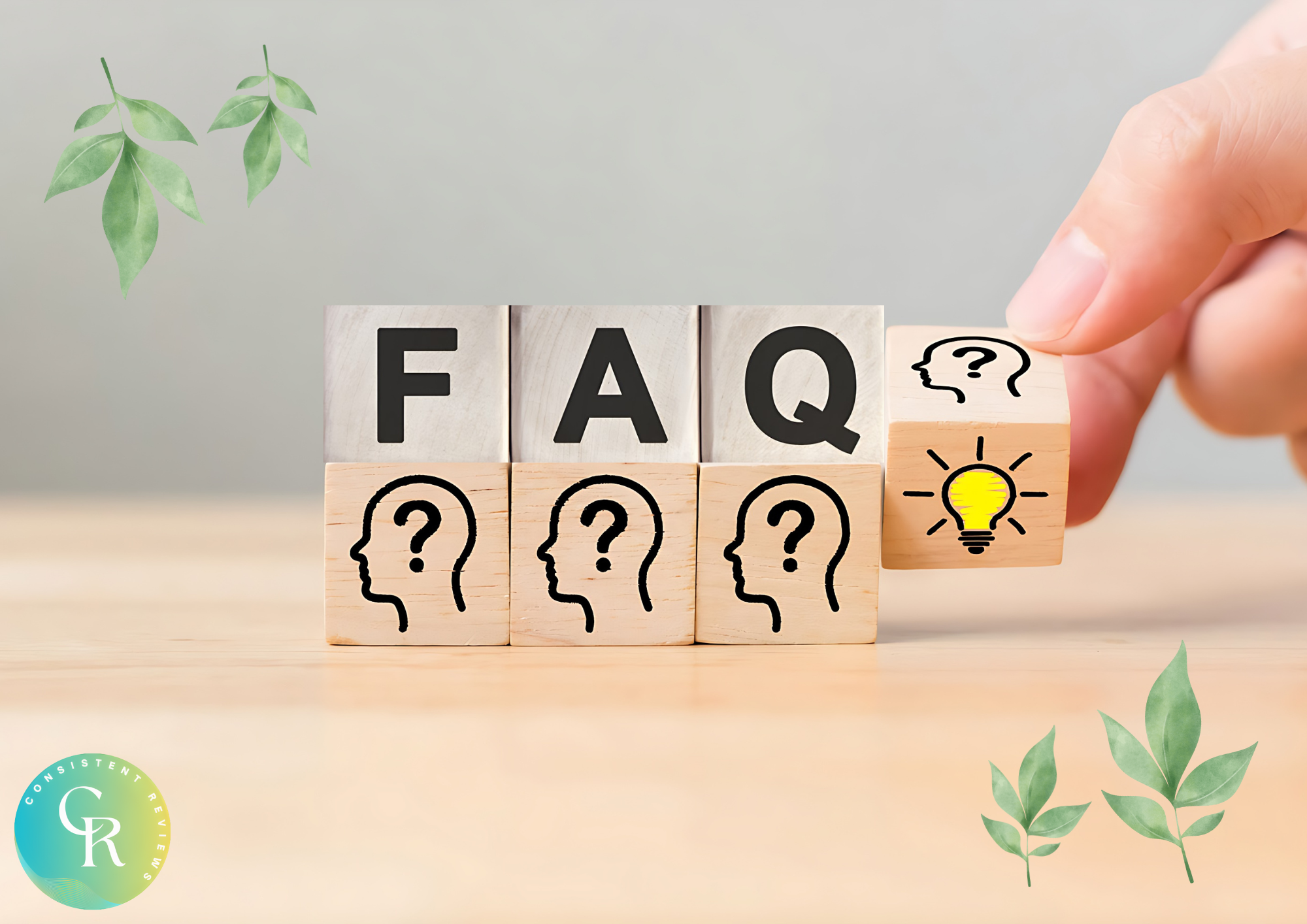
Does peppermint oil kill bed bugs?
Peppermint oil primarily acts as a repellent rather than a killer of bed bugs. It may not be effective in killing bed bugs or their eggs, but it can help prevent them from settling in your bed.
Can I use peppermint oil on my skin to prevent bed bug bites?
It's not recommended to apply peppermint oil directly to your skin as a repellent for bed bug bites due to the risk of skin irritation. If you choose to use it on your skin, dilute it with a carrier oil and perform a patch test first.
How often should I spray peppermint oil on my bed to keep bed bugs away?
There's no set frequency for spraying peppermint oil, but it's generally suggested to use it as part of your regular cleaning routine. Always ensure the room is well-ventilated and avoid overuse to prevent potential adverse effects.

In conclusion, peppermint oil can be a helpful tool in deterring bed bugs from your bed. It's a natural, non-toxic option that, when used with caution and in combination with other bed bug control methods, can contribute to a bed bug-free environment. However, it's not a silver bullet and should not be relied upon as the sole method of bed bug eradication. Regular cleaning, heat treatments, and professional pest control services may still be necessary to fully address a bed bug infestation.
